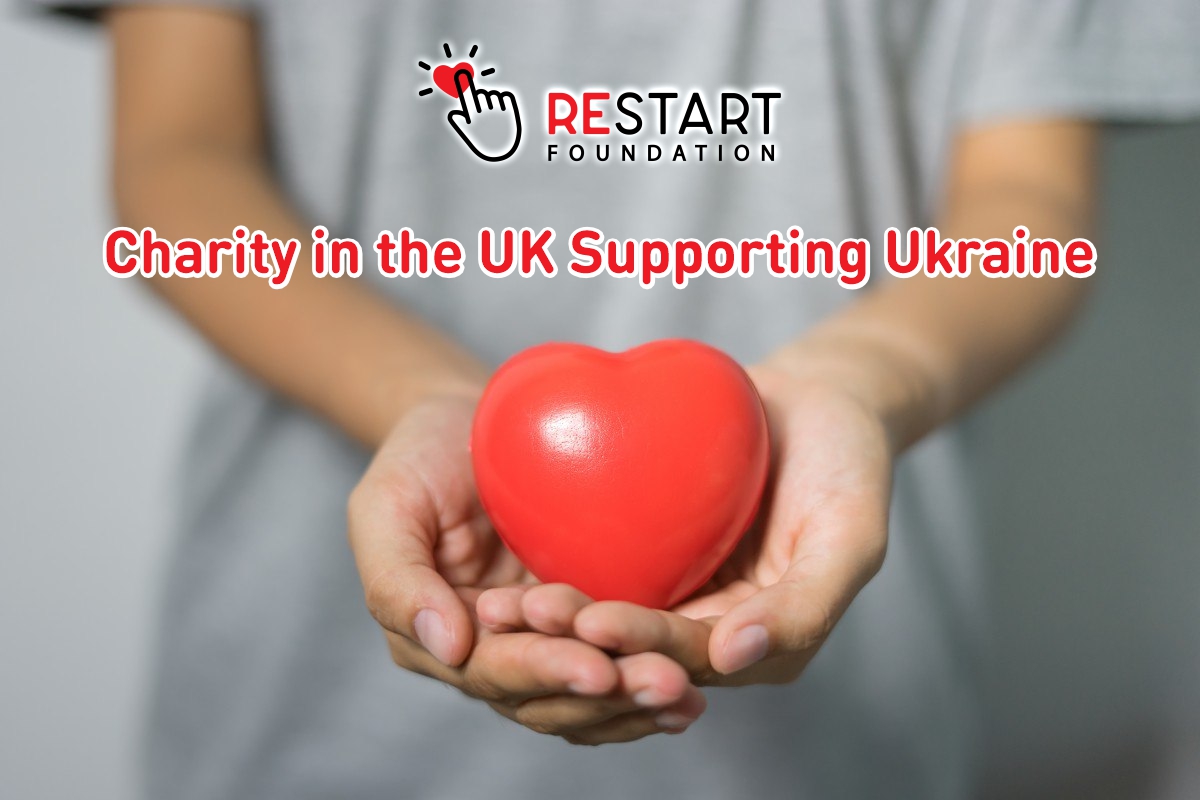Amidst all the difficulties you could experience, heart disease is one of the worst. It can severely limit the activities you do and is potentially fatal, taking millions of lives each year. Curing or reversing heart disease is impossible, so it’s best to stop sickness before it starts. Heart disease doesn’t discriminate. The good news is that you can do a lot to lower your odds of getting heart disease. Numerous forms of heart disease can be prevented or treated with healthy lifestyle choices, so follow these steps to reduce all risk factors.
Exercise And Be Physically Active
Not only does exercising lower the risk of heart disease, but it also lowers the chances of getting other conditions that might put a strain on the heart. Physical activity helps maintain a healthy weight and lower blood pressure, blood sugar levels, and cholesterol. Activities such as walking, cycling, running, and swimming are good options. People who work out are less likely to experience a sudden heart attack, so get at least 30 minutes of moderate-intensity exercise daily. Being active is better than being sedentary.
Lack of exercise is a risk for coronary artery disease, caused by plaque buildup in the wall of the arteries that supply blood to the heart. A sedentary lifestyle increases the risk for diabetes, so you’re twice as likely to have heart disease – and at a younger age. If you haven’t been active for some time now, begin with 5 or 10 minutes and gradually build your way up to 30 minutes. Housekeeping, gardening, and taking the stairs can all count toward your total.
Choose Healthy Foods and Drinks
Omega-3 fatty acids can be good for the heart and protect against heart disease because they reduce triglycerides, lower the risk of developing arrhythmia, and slow down the buildup of plaque. Omega-3 fatty acids are found everywhere in the body, helping with the functions of all cells. You can get the nutrients you need from your diet, so dietary sources are of the essence. Cannabis seeds are rich in Omega-3 fatty acids. The endocannabinoids the body produces from foods like fish, eggs, and nuts, to name a few, bind to the same receptors in the immune system as the cannabinoids in cannabis.
Eating foods high in fibre and low in saturated fats is recommended because they can reduce blood pressure and inflammation. Although they’re separate health problems, the two are linked in the sense that they can lead to heart disease. Cannabis seeds also contain high levels of arginine, which changes into nitric oxide that helps the blood vessels relax and improves circulation. Autoflowering cannabis seeds are super potent, just so you know. Disturbances of nitric oxide bioavailability can lead to a loss of improved contractile performance and, in some cases, even increase disease progression.
Don’t Smoke
If you smoke, you’re twice as likely to have a heart attack compared to a nonsmoker because the toxic chemicals in tobacco harm the blood vessels, causing them to thicken and constrict, which increases the risk of dangerous clots. Quit smoking right now to improve your health status and enhance the quality of your life. Many people don’t quit smoking because they have the impression it’s too hard. While it’s true that nicotine is an addictive drug, you can overcome your cravings with the right approach. For example, reach out to your family or friends to help you out.
Avoid Alcohol in Excess
If you’re like others, you enjoy an occasional glass of wine with dinner or grab a beer while watching a football game. Alcohol use is deeply embedded into our culture. Drinking too much alcohol increases your risk of heart disease, leading to high blood pressure, heart failure, and even stroke. You should cut down or stop drinking completely. If you already have a health condition, such as arrhythmia, alcohol ingestion can make it worse, increasing the risk of sudden cardiac death. Many drinks are high in calories, so regularly consuming alcohol can lead to weight gain.
If you’re genuinely concerned about your alcohol intake, it’s a habit you should better control. You can keep a diary of your drinking, recording what, when, and why you’re consuming alcohol. If you’re having difficulty sticking to your goal, it’s best to contact a healthcare professional; they can help you manage withdrawal symptoms. Most importantly, resist peer pressure by saying no politely. Giving into temptation can be bad for your heart health, so turn down a drink.
Get Enough Sleep
Anyone who sleeps less than 7 hours a night is more likely to struggle with heart problems, including asthma and heart attack. Equally, if you don’t catch enough Z’s, you’re at a higher risk of obesity, high blood pressure, diabetes, and depression. Sleep deprivation can be caused by many issues, of which mention can be made of working shifts, alcohol use, using caffeine during the day, and high-stress levels. But what are the symptoms of sleep deprivation? Well, fatigue, irritability, daytime sleepiness, and slow reaction times. For the cardiovascular system, insufficient or fragmented sleep can contribute to problems.
Getting enough rest can be a struggle, so if you have a hard time falling asleep, sit by the window or step outside. Getting some fresh air helps you relax, not to mention that it enhances oxygen levels, which leads to improved sleep conditions. Eating sugar, carbs, and processed food might seem like a good idea at the time, but the rush of sustained energy they provide will leave you tired and hungry. It’s something your body doesn’t need. You’ll spend more time awake in bed and less time in restorative sleep.
Concluding Thoughts
If you think you’re in terms of relative risks, the risk of dying from heart disease is higher. Even if half of your heart disease risk is genetic, the other half of your risk is modifiable. By taking preventative measures, you can lower your risk of getting very sick and improve your outcome. Life contains no guarantees, but if you don’t live a healthy lifestyle, you can get heart problems.











